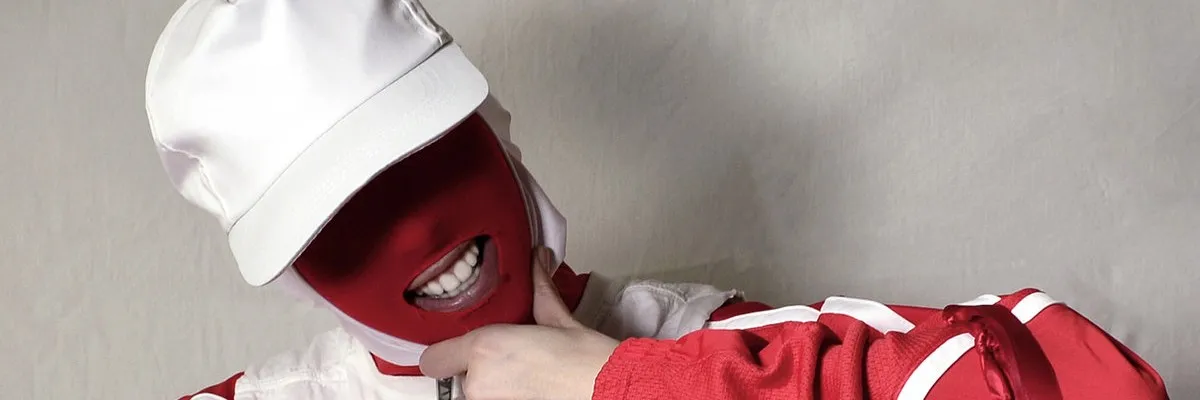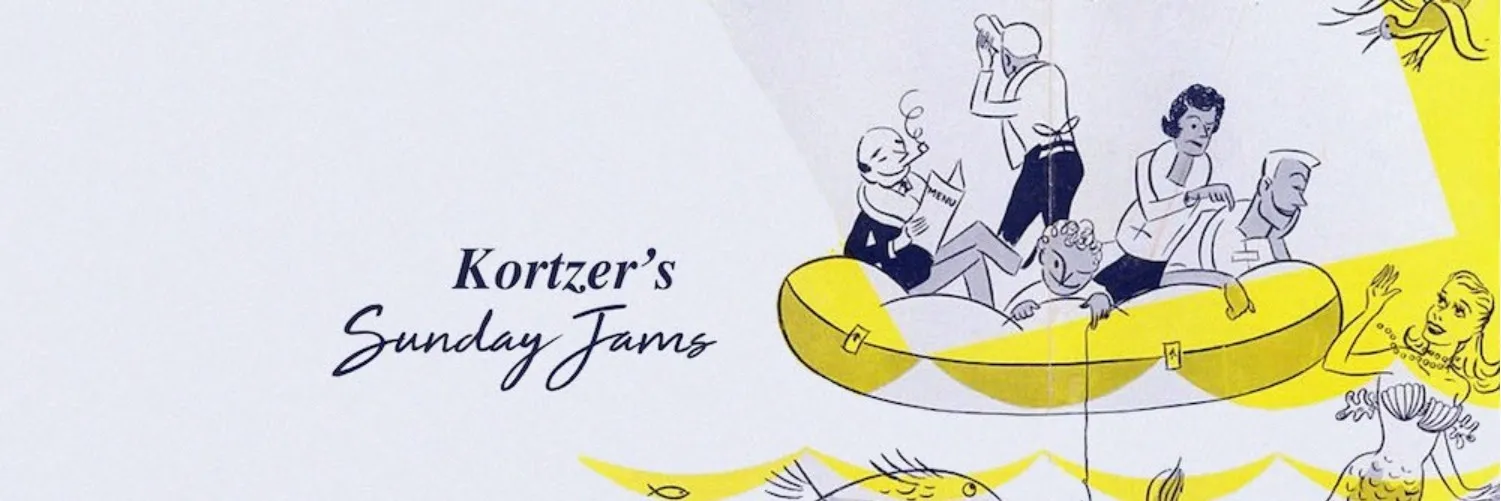 The main motive of the 20th CTM festival was perseverance. Perseverance in resisting the polarization of society and simplified rhetoric, exploring its opposite “the ephemeral, provincial” and emphasizing personal artistic experience as a means of empathy, pluralism, as an antidote to absolute truths. The most illustrious embodiment of this discourse at the festival was certainly the British musician Gazelle Twin, who performer last years album Pastoral, reflecting Brexit and English culture.
The main motive of the 20th CTM festival was perseverance. Perseverance in resisting the polarization of society and simplified rhetoric, exploring its opposite “the ephemeral, provincial” and emphasizing personal artistic experience as a means of empathy, pluralism, as an antidote to absolute truths. The most illustrious embodiment of this discourse at the festival was certainly the British musician Gazelle Twin, who performer last years album Pastoral, reflecting Brexit and English culture.
Since her debut in 2011, Elizabeth Bernholz (born Walling) aka Gazelle Twin has dealt with uncomfortable topics and explored the darker side of life. The impulse to focus an album on this event that left Britain in uncertainty arose from her move from Brighton to the English countryside, and from the growing fascist and racist tendencies plowing Europe.Gazelle Twins early music is characterized by ethereal, multiplied vocals and minimalist but sophisticated beats. Her soprano, however, has developed since the time of Changelings, the strong effects layered upon Unflesh in 2014. On Pastoral, Gazelle Twins talent expanded in all directions, pushing the limits of her ways of expression even further; truly pastoral singing and screams, abrasive sounds, samples of traditional instruments and feverish loops. The lyrics were equally diverse, ranging from imitation of hackneyed phrases to bittersweet allusions to English folk (“My bonny boy”) to criticism of reactionism and the odes to the “golden days”.
From the very beginning, Gazelle Twins artistic career has been accompanied by a hobby of disguises and invented identities. She uses camouflage as a source of strength and creative freedom. And since she often touches on very intimate and unpleasant experiences, camouflage helps her grasp and pass on these topics to listeners with intense clarity. For the album Pastoral, she kept the mask that has covered her eyes since Unflesh, but was additionally inspired by the persona of a fool. Instead of a blue hooded sweatshirt, she added a jester costume with a hood, sports knee highs, a baseball cap and the colors of St. Cross. George, which flooded the English streets alongside an increasing nationalism.
Jesters not only entertained the king by imitating people; they were also known for their wisdom and aptitude. Gazelle Twin used these attributes to criticize the crumbling English society and the catching the straws of racism and nostalgia. Her impressions of radicalization are recasted into songs that tear the pro-Brexit voters’ motivations to pieces often using their own weapons: derision, generalization, motives of the “Merrie Olde England”. Instead of straightforward despair and frustration, Gazelle Twin chooses mockery of repeating the corny phrases with a digitally disguised voice for so long that until perhaps even the authors of these statement hear the absurdity. On the album, the clown is convincing. But how does Elizabeth Bernholz embody this figure live?At her CTM festival concert, she played virtually the entire album. In order to move freely on the stage, her husband Jez Bernholz played the majority of the music, leaving Gazelle Twin with her hands free for gesticulation. Like the album, the concert was also opened by Folly. Gazelle Twin slowly entered the stage, wondering with curiosity, what kind of animal we are, what century it is … and what kind of government is this?! The single Hobby Horse was performed as wild as in the music video, Gazelle Twin waving her fringed costume like a whip in the air. Other times, she played the flute theatrically, or spoke to us in a hoarse voice with movements perfectly imitating a medieval clown. Her performance was enhanced by the venue: Berghain is known for its powerful sound, in which jerky beats directly hit the hearts and stomachs of the audience. In addition, its architecture with extremely high ceilings and concrete-stone elements created a perfectly pastoral and distressed atmosphere for songs like Glory, when the powerful voice of Gazelle Twin echoed between the walls of the club up to the roof. Gazelle Twin’s show wasn’t the loudest, the noisiest or the most shocking. And yet it felt more intense than anything else at the festival’s twentieth anniversary.
Written by Zuzana Friday
← Back to blog




